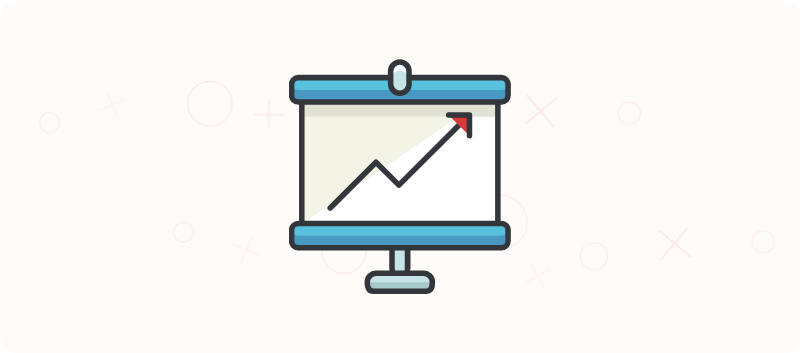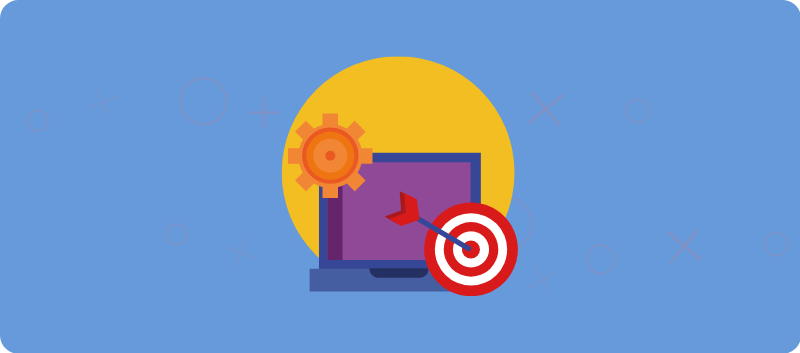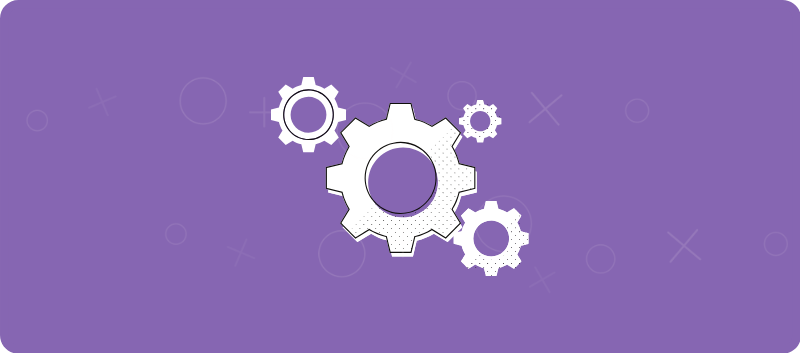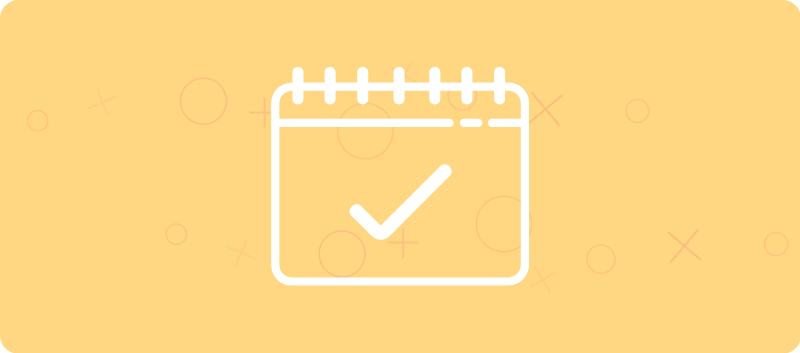How to Improve Concentration at Work
15 Ways Backed by Science
Blame it on smartphones, social media, or the Internet—it’s a common complaint that the average human attention span is shrinking. While research on whether that’s actually true remains disputed, one thing is for sure: With the 24-hour news cycle and omnipresence of technology, more things than ever are demanding our attention.
And we’re suffering the effects of it in the workplace. In a Udemy survey, 74% of Millennial and Gen Z employees reported feeling distracted at work. And among all respondents, more than half admitted to checking social media during their workday, even though it wasn’t necessary for their job.
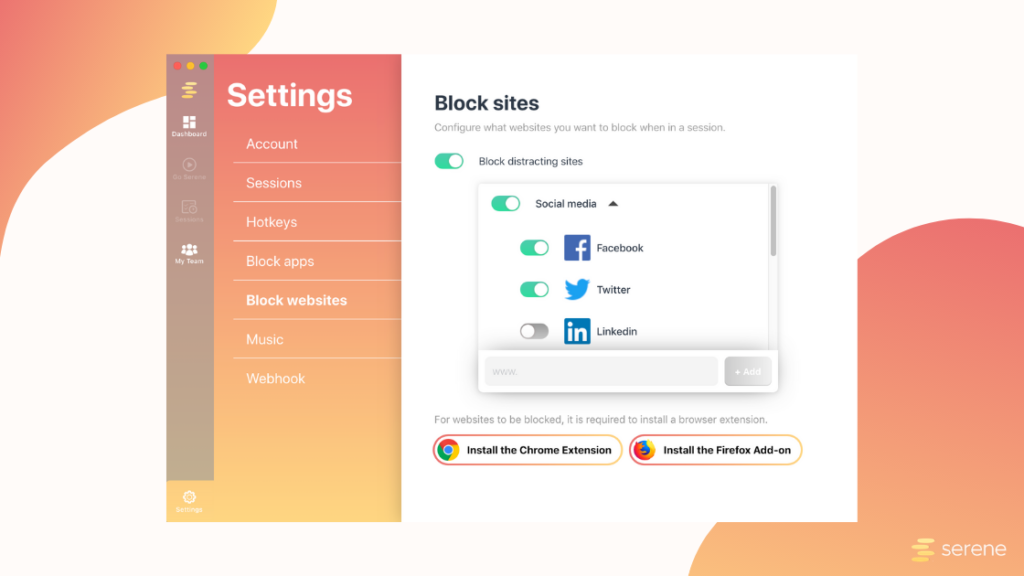
Given that it takes about 23 minutes to refocus after you get distracted, it’s wise to learn how to improve concentration at work. And below, we’re going to show you 15 ways to help your brain focus—all backed by science!
1. Exercise Regularly
You’ve probably heard that exercise releases endorphins, resulting in a better mood. But it can also stimulate the creation of brain-derived neurotrophic factor (BDNF), which is linked to memory, concentration, and mental sharpness.
To boost your BDNF, get regular exercise; that means 30 minutes of moderate-intensity activity five days a week.
2. Eat Brain-Boosting Foods
While food alone won’t magically make you focus, there is evidence that certain nutrients contribute to brain function. Several studies suggest that DHA, a type of Omega-3 fatty acid, can boost cognitive performance.
By contrast, diets high in saturated fat and refined sugar (ahem, junk food) may reduce the precious BDNF that helps our brains concentrate.
So if you want to improve concentration at work, skip the potato chips and candy bars and opt for Omega-3-rich snacks, such as walnuts, avocado, or chia seed pudding.
3. Drink More Water
Common wisdom dictates that we should drink eight glasses of water a day, but have you ever wondered why? Dehydration might make your brain focus more on your body’s thirst than on the task at hand. A study from the University of East London found that participants who drank three cups of water had faster reaction times than those who didn’t drink water.
So if you’re feeling foggy and unable to concentrate on your work, quench your thirst with a glass of water and then return to your task.
4. Get More Sleep
Research shows that sleep deprivation hinders our ability to focus. And yet, many of us fail to catch substantial Zs. According to the 2019 Global Sleep Survey, adults worldwide only get an average of 6.8 hours of sleep on weeknights, but they should be getting seven to nine hours, according to the National Sleep Foundation.
So how can we get more sleep? The Mayo Clinic suggests the following:
- Avoid light-emitting screens before bedtime.
- Install room-darkening shades to encourage rest.
- Limit daytime naps to 30 minutes.
- Go to bed and get up at the same time every day.
5. Focus on Your Body Clock
If you’re feeling sluggish every day at the same time, your internal clock may be to blame. We’re each born with a chronotype (the old early bird/night owl debate), and our body responds accordingly. If you can, shift your work hours to the times of day when you feel most alert.
6. Practice Mindfulness
Science shows that mindfulness—being fully present in the now—can help you pay attention for longer periods. A 2017 University of Southern Denmark study analyzed the effect of mindfulness training with the Headspace app versus brain training with the Lumosity app. After 30 days, researchers found significantly less mind wandering in the mindfulness training group, but not the brain training group. The study authors wrote:
“These results point towards mindfulness as being a useful tool in alleviating mind wandering and thus increasing performance in tasks that are otherwise susceptible to distraction.”

These results are aligned with previous studies. In 2012, a University of California study found that eight minutes of mindful breathing improved scores on a test measuring attention, outperforming reading and passive relaxation.
Want to practice mindfulness?
- Try the Headspace app. That’s the same app that helped participants in the Denmark study boost concentration after 30 days of use.
- Perform mindful breathing exercises. In the California study, participants in the mindful breathing group were told to sit in an upright position while focusing on their breathing without trying to control their respiration rate. Whenever they got distracted, they were to return their attention to their breath. They did this for a total of eight minutes.
7. Train your Brain
They say your brain is like a muscle, and while that may not be anatomically true, the concept is the same: Just like you can train your arm muscles to lift a 100-pound weight by starting with a 30-pound one and progressively moving up, you may be able to train your brain to focus for longer periods by starting small and incrementally increasing your capacity.
How? Try focusing on just one task for 20 minutes straight before you take a break. After a couple of days of these 20-minute bursts, work your way up to 30-minute sessions. You can eventually boost that to one-hour sessions.
A great way to help your brain focus for pre-determined sessions is to install Serene. Within the app, you can adjust your settings to 20-, 30-, 45-, and 60-minute sessions and track your progress. Think of it as a workout program for your brain!
8. Eliminate Distractions
Much of concentration is just knowing what not to focus on. If you want to devote your attention to one task, get rid of distractions. Try the following:
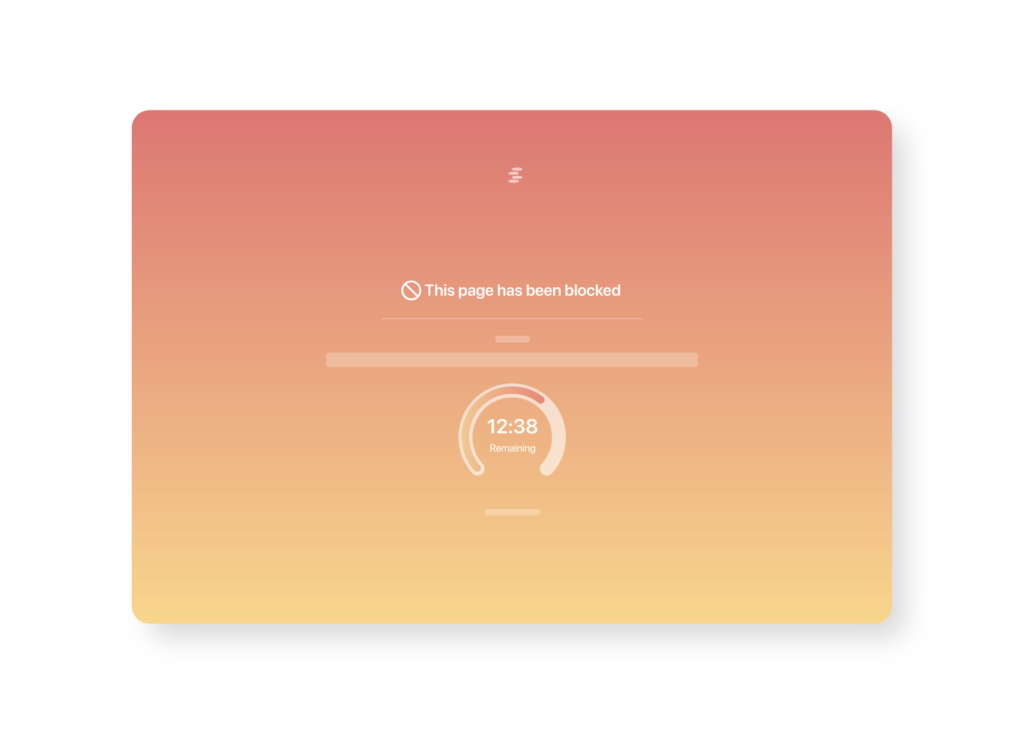
- Put your phone on silence and out of sight. The average cell phone user touches their device 2,617 times a day. Imagine all the time you’d get back by not constantly checking your phone. Research suggests that the best thing to do is put your phone out of sight and out of reach.
- Listen to white noise. If gregarious colleagues and office noise are breaking your focus, pop in some headphones and listen to white noise.
- Turn off desktop notifications. You don’t need yet another reason to get distracted. Turn off desktop notifications so they can’t pull your attention away from the task at hand.
- Close your office door. Don’t worry about being rude; that door is there for a reason! To prevent unwanted disturbances, shut the door and get to work.
9. Read on Paper
While the jury’s still out on whether increased screen time is substantially changing our brains, studies do show that reading on paper is better for comprehension, particularly if it’s informational (versus narrative) text. Paper-based reading is also advantageous if you’re pressed for time.
So if you find yourself struggling to concentrate on a complicated reading task for work, try switching to a paper version to see if that helps.
10. Learn a New Language
Ah, the benefits of a bilingual brain! Researchers in the UK found that participants who spoke both English and Chinese from a young age outperformed English speakers on tests of focus. It seems that the practice of constantly switching between different languages helps bilingual brains maintain attention better.
Maybe now you wish you’d paid more attention in high school Spanish class, but it’s not too late! If you want to reap the cognitive benefits of speaking another language, try the free Duolingo app.
11. Go Outside
If you feel your focus fading, try going for a walk outside. Studies suggest that a stroll through nature is more effective at boosting performance than walking through a city. A University of Michigan study found that participants who went on a walk through tree-lined, secluded paths performed better on tests of directed attention than those who walked through urban environments with high traffic.
12. Get an Indoor Plant
Can’t step away from your desk? Try placing an indoor plant or even a photo of nature nearby. The above-mentioned University of Michigan study saw an improvement in attention even for participants who merely looked at nature photos versus those who looked at city photos. On top of that, a 2011 study found that the presence of plants in an office setting boosted students’ attention spans.

13. Soak in Sunlight
Yet another benefit from nature: Sunlight can improve brain power. Not only do employees crave more natural light in the office, but there’s also scientific evidence that it can boost performance. A Cornell University study found that workers who got more daylight in the office reported feeling significantly less drowsy and more alert. So pull up those blinds and let the sunlight in!
Stuck in a windowless office? Blue light might do the trick. Studies have shown that artificial blue light can give your brain a boost. In a study by the Surrey Sleep Centre, office workers reported better work performance and ability to concentrate after using blue-enriched white light in their office. In another study, researchers compared how drinking caffeine versus being exposed to blue light affects alertness. In post-tests, the blue light group had faster reaction times and better accuracy than the caffeine group. So if you can’t get more sunlight, try switching out your white light bulbs to blue-enriched white ones. You could even link Serene with Internet-connected lights and change the colour of your bulbs for those times when you need to focus.
14. Diffuse Rosemary Essential Oil
This may seem far-fetched, but we keep it evidence-based here at Serene! At least three peer-reviewed studies have shown a connection between rosemary essential oil and improved cognitive function.
In a Northumbria University study, researchers diffused rosemary essential oil in a cubicle and exposed participants to it for up to 10 minutes before administering cognitive testing for a second time. The results? Participants’ accuracy and speed improved on post-tests. Not only that, but the chemical compounds found in rosemary could be detected in the subjects’ bloodstreams, proving that inhalation alone can be effective.
Another study in Japan found that dementia patients exposed to rosemary oil, with other essential oils, for 28 days had improved cognitive function.

How does rosemary affect brain function? The Northumbria University study authors were cautious of the fact that because participants might be familiar with the folk wisdom that rosemary oil is good for concentration, participants might have expected to perform better, and thus, did. But even when controlling for expectancy, rosemary oil had a distinct pharmacological effect by way of a chemical component known as 1,8-cineole. This chemical can enter the bloodstream via nasal or lung mucosa, cross the blood-brain barrier, and affect the central nervous or endocrine system by inhibiting the breakdown of acetylcholine—a neurotransmitter crucial to concentration.
Give it go. Try putting a diffuser in your office, and add a few drops of rosemary essential oil.
15. Take Breaks
You can optimize for focus as much as you want, but the fact is the brain wasn’t designed to stay laser-focused for hours on end without a break. Scientific evidence suggests your brain prefers to work in “sprints.” One study found that the most productive employees focus on a task for 52 minutes and take a 17-minute break before resuming work.
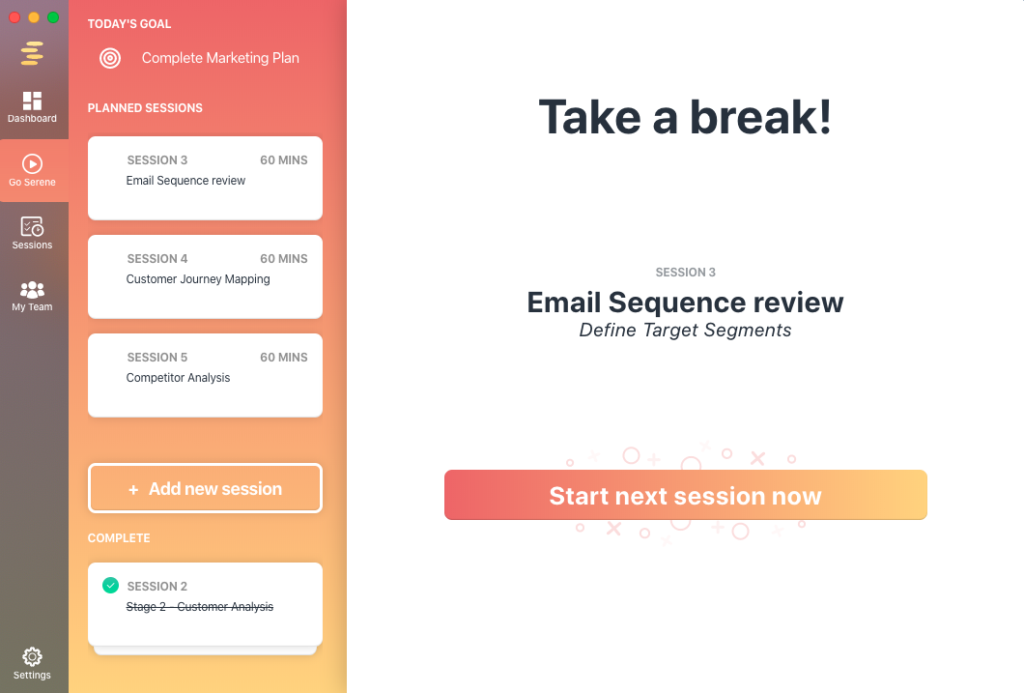
Ready to Concentrate?
We hope these evidence-based tactics for improving your concentration have given you renewed vigour for doing productive work. Pick one tip from this list and try it today.
Not sure where to start? Install Serene, and try to work non-stop for 20 minutes. The app will automatically block distracting websites and let you know when your session is over. We think you’ll notice an improvement in how you work!






